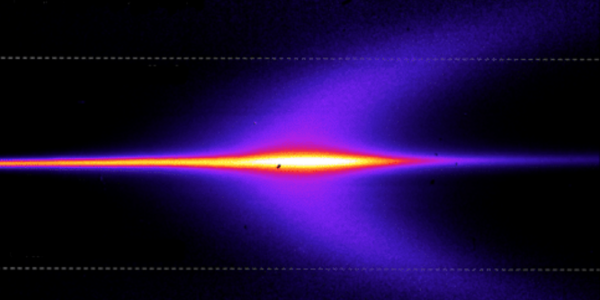Studying topological quantum phase transitions with unsupervised machine learning
Detecting topological features in physics with unsupervised machine learning has been attracting increasing attention recently. It provides a viable learning framework for the study of topological phase transitions, without prior knowledge and labeled training examples of the system.
In this talk, firstly I will give a pedagogical introduction to supervised and unsupervised machine learning, as well as topological quantum phase transitions. Then our recent work lying at the interface between these two fields will be introduced. We will show with several prototypical and relevant models that topological quantum phase transitions can indeed be automatically retrieved, with unsupervised manifold learning, requiring only a very limited number of hyperparameters. Inspired by the fidelity-susceptibility indicator for topological quantum phase transitions and the non-Euclidean structure of the data set, we argue that the widely used choice of a Euclidean distance is in general suboptimal to discover topological transitions in momentum space. On the other hand, we can show that the Chebyshev distance sharpens the characteristic features of topological transitions, and thus decisively supports the retrieval of the critical points with unsupervised learning. Implications and demonstrations for learning in real space will also be provided. The pursued method has the potential to deepen our understanding of topological features in quantum systems, providing fresh perspectives and possible applications on studying topological quantum phases and phase transitions.

